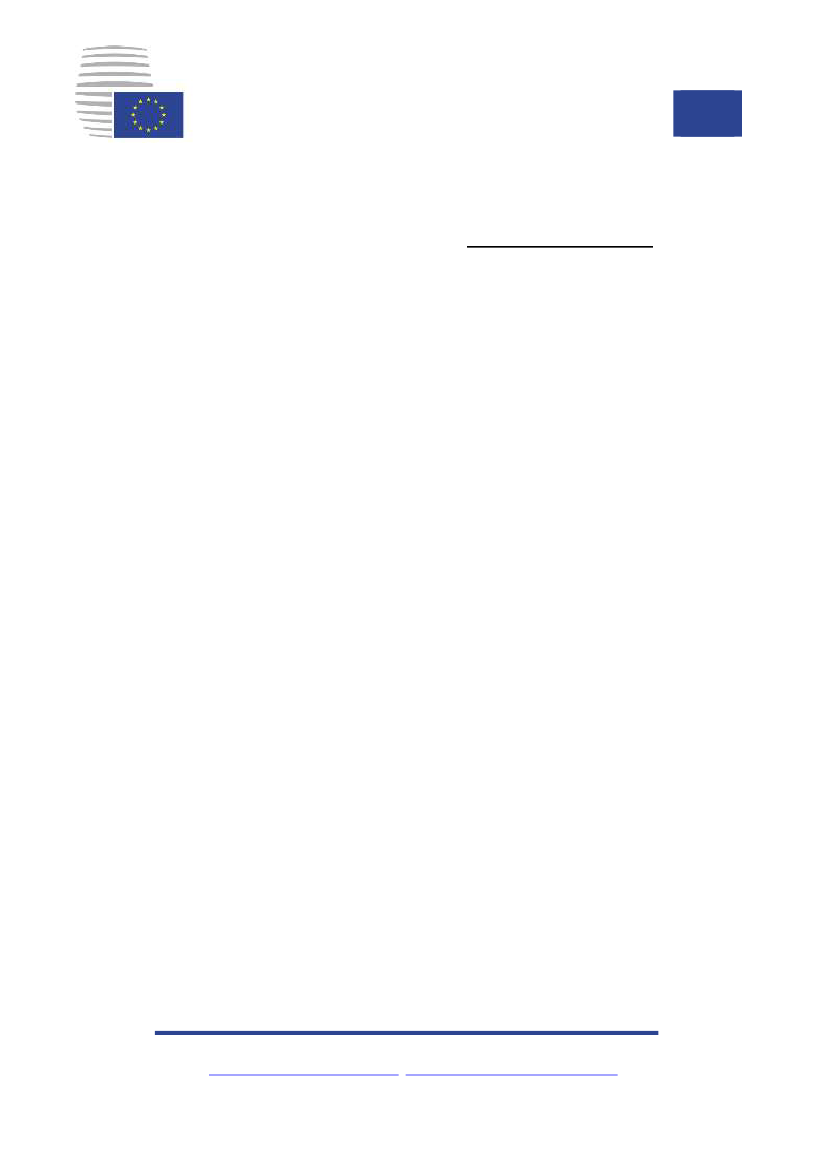
Council of the
European Union
5304/16
(OR. en)
PROVISIONAL VERSION
PRESSE 2
PR CO 2
EN
OUTCOME OF THE COUNCIL MEETING
3443rd Council meeting
Foreign Affairs
Brussels, 18 January 2016
President
Federica Mogherini
High Representative for Foreign Affairs and Security
Policy
PRESS
Rue de la Loi 175 B – 1048 BRUSSELS Tel.: +32 (0)2 281 9773 / 6319 Fax: +32 (0)2 281 8026
[email protected] http://www.consilium.europa.eu/press
5304/16
1
EN